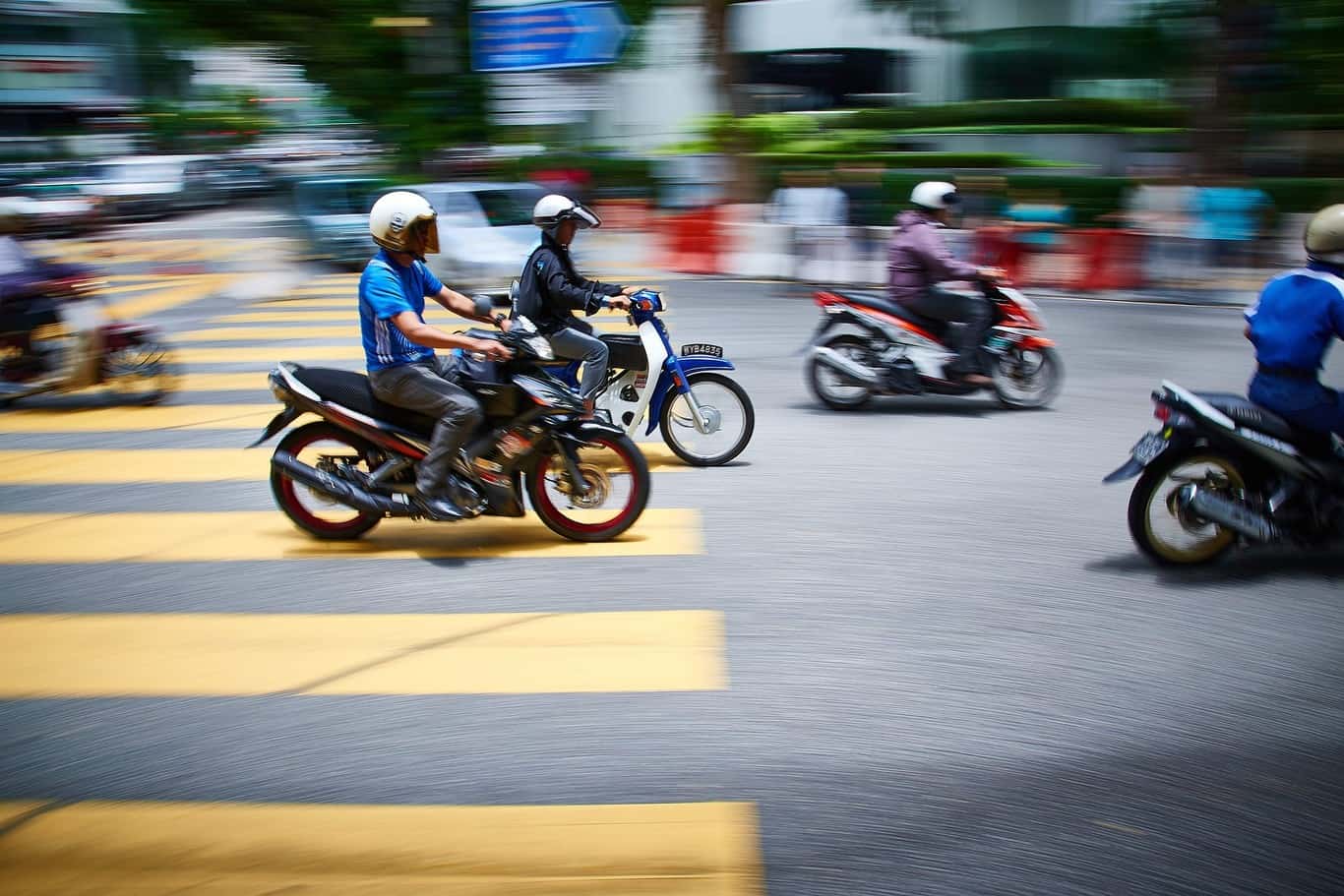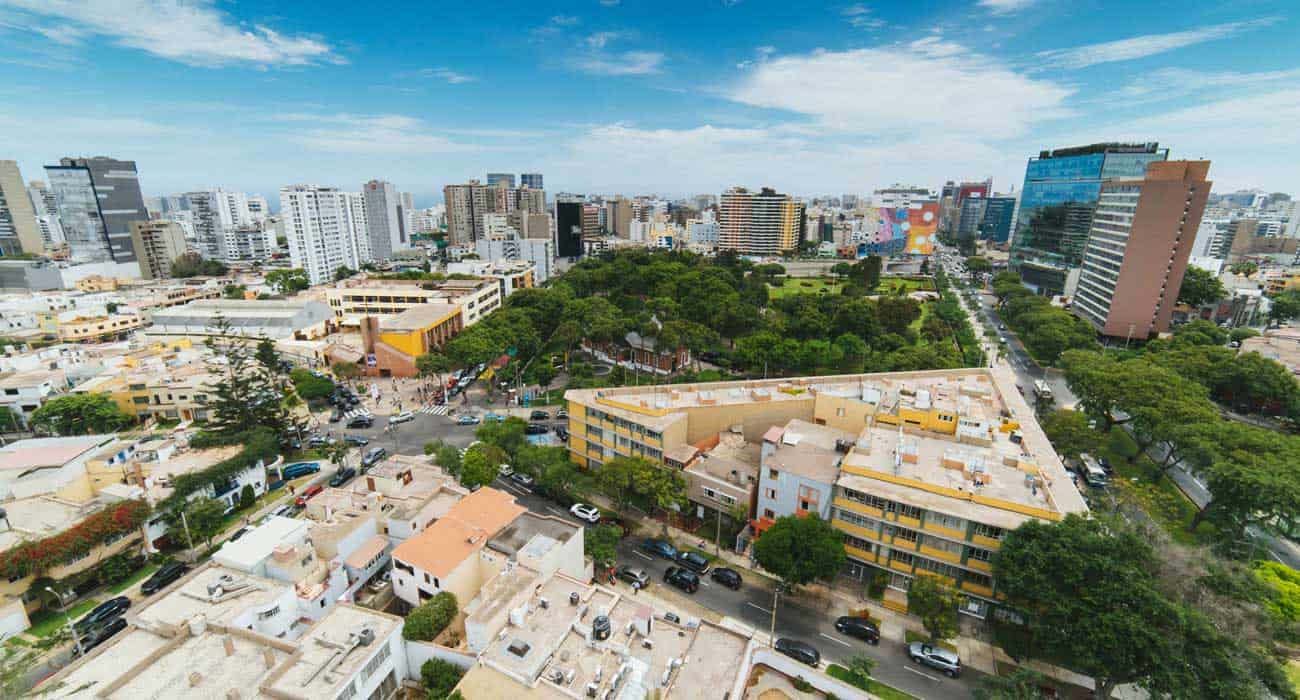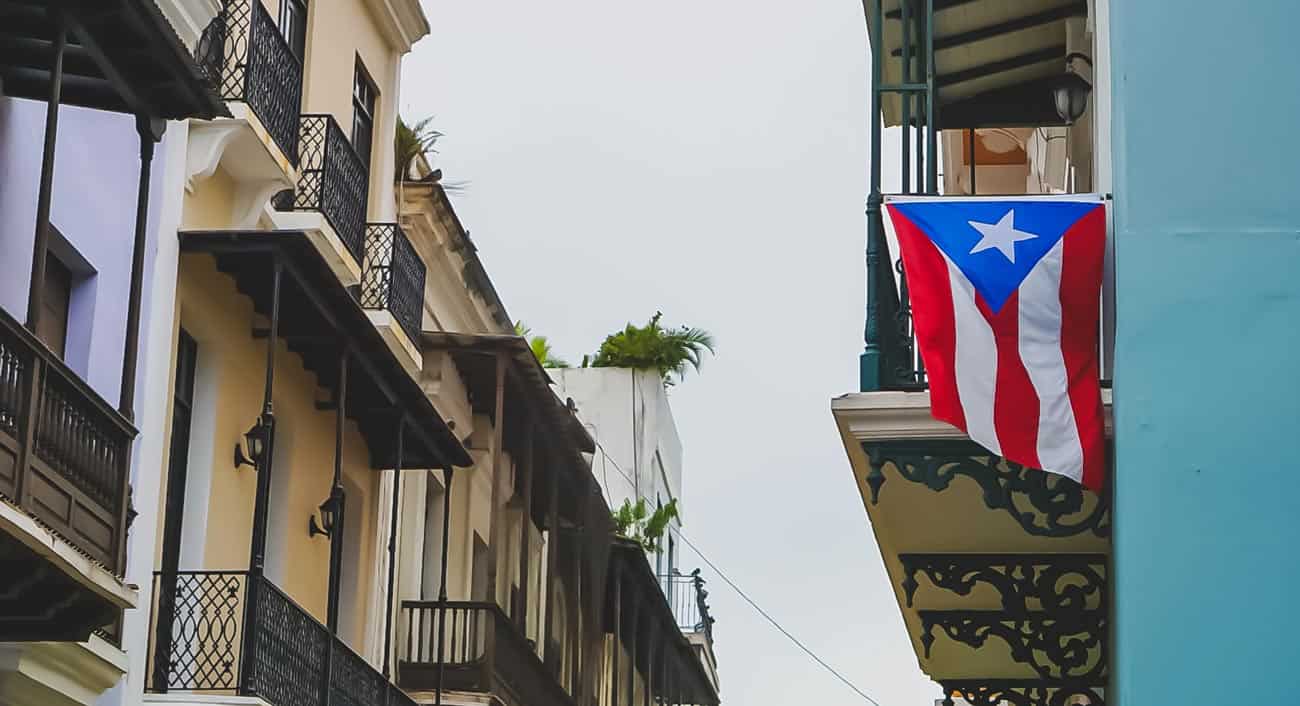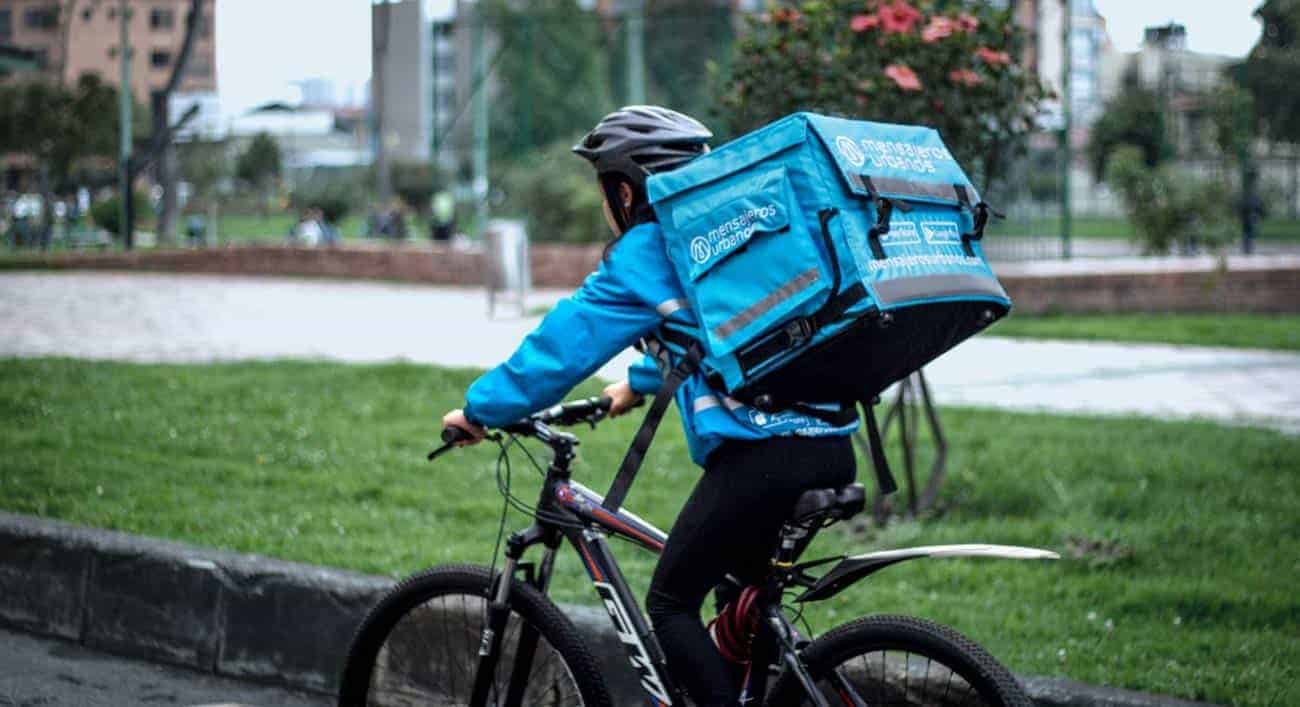Contxto – I’m fascinated by controversial apps. It’s such an intellectual challenge to write about them. Having to think from all perspectives and potential outcomes is quite mentally stimulating. In this episode, Picap, the Colombian mototaxi app.
A source told me Picap started a pilot program in both Mexico and Brazil, and is also testing in other four Latin American countries. Today I spoke with Héctor Neira, co-founder and CFO of Picap. Mostly, I asked about the legal concerns of the Colombian government and its strategy to tackle potential regulatory issues in Mexico and Brazil, as well.
Refresher
Just to freshen up your memory, Picap is a Bogota-born, Uber-like mobile app enabling users to request rides from point A to point B. The only difference is the mode of transportation.
Instead of having a blue Aveo pick you up, a Yamaha motorcycle will most likely show up. This allows the company to compete in the market with lower prices and “faster” rides. Presumably, Picap offers rates 40 percent cheaper than non-motorcycle competitors.
Moreover, Picap made our headlines due to legal controversies with the Colombian government and its most recent funding round of US$2.5 million. According to Héctor, legal uncertainty is actually due to the lack of pertinent, fitting regulations.
“In Colombia, legislations lag behind technological development,” said the founder.
Legal complications
In fact, private transportation is still not a regulated industry in Colombia. What this means is that platforms such as Uber and Didi are still operating outside the existing regulatory framework, according to the Neira. While Picap doesn’t fit into any specific legal category, it’s more than willing to work with authorities, said the founder.
Honestly, it seems like a sound business and the thesis behind margins and competition seems feasible. However, personally, I’m still a bit reluctant to use it. At least for now. If Uber is somewhat risky – at least in Latin America – riding in the back seat of a stranger’s motorcycle isn’t doing much to improve this issue either.
Nonetheless, according to the founder, the platform is very safe. “I’ve been moving around in Picap ever since I arrived in Mexico,” said Neira.
When asked about the potential risks for users’ safety, Neira admitted motorcycles have potentially higher sinister rates. Nevertheless, he mentioned that in the three years since Picap has been operating in Colombia, there has been an accident rate of 0.0002 percent. Most of these accidents were non-lethal, intermediate severity in fact.
The entrepreneur claims that the rate is so low because drivers take their jobs seriously. Contrary to motorcycle drivers cruising around with friends without any precautions, Picap drivers’ are very conscious.
On top of that, drivers have to go through a background check before starting to work, as most sharing economy companies do. ID, driver’s license, registration, motorcycle insurance, as well as a criminal record check, are all part of the on-boarding process. If users frequently report or poorly review the driver, they could be suspended or expelled altogether from the platform.
Fast success
Perhaps not so surprisingly, the company is actually doing pretty well in Colombia, according to a company source. In fact, we previously reported that the startup has 400,000 registered users and more than 500,000 Android downloads. However, we still don’t know its churn rate or amount of active monthly users. We do know, though, that Picap processes an average of 300,000 monthly trips across Colombia.
The company started testing and operating a functional platform three years ago. Nevertheless, it only became a registered Colombian enterprise a year and a half ago.
Even more recently, they only started monetizing five months ago. Someway, somehow, Picap has already surpassed the break-even point. Impressive to reach high-scale profitability so fast.
I assume the decision to launch in Mexico comes after evaluating potential markets with similar mobility issues but larger in terms of population. According to the founder, the recently raised US$2.5 million was meant entirely for its Mexican expansion. Only a week ago did the company receive official authorization to operate in Mexico.
Similarly, Picap will also use the new capital to move into Brazil and run pilots in other countries. These include Chile, Argentina, Peru and Guatemala. As far as Colombia’s operations go, they are strong and self-funded.
Expansion to Mexico and Brazil
Regarding Mexico, Picap is already available in both Google Play and the App Store. While services are live and running, the company has been operating for the past six months without charging users. This is the same scenario in Brazil where Picap is also running a test trial.
Before charging users in the two countries, first Picap seeks to understand the market and how it responds to the service. Conversely, it wants to start strategic talks with the respective governments in hopes of smoothly transitioning to monetizing the platform. Also, legal strategy. Without monetization, authorities can’t pursue them on any claims.
So far, the numbers seem to be good in Mexico. The startup currently registers a fleet of 5,000 registered drivers, 5,000 monthly trips and a range of 200-500 active users. Much of this still depends on the day and hour.
Part of me is surprised by the confidence of the investors who came together to fund the startup, despite its federal government controversies. This is one of the reasons why I think I might be severely judging the service beforehand. On the other hand, while my concerns about user’s safety are still latent, the market is certainly embracing the service. Meaning, Picap is certainly do something right.

-VC






